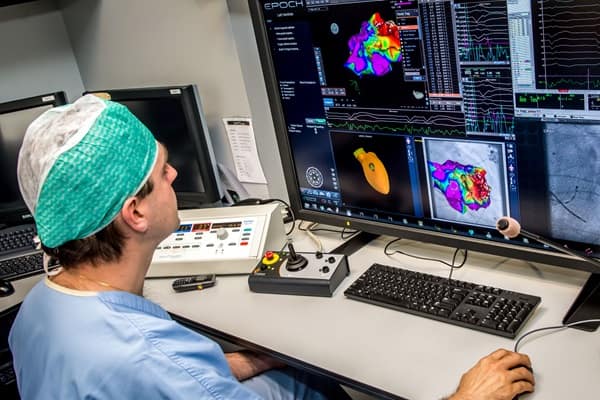
"In modern healthcare, patient needs are becoming increasingly complex. Multiple specialists, medications, and treatments must be synchronized to ensure safe and effective care. That's where care coordination comes in. By aligning communication and processes between providers, patients, and caregivers, care coordination plays a pivotal role in improving outcomes while reducing costs."
"Technology has shifted care coordination from paper records and phone calls to integrated, digital-first solutions. These tools bring together patient data, communication channels, and decision-support systems in one place. EHRs allow providers to access real-time patient data across facilities. With unified records, errors decrease, and care teams can make informed decisions more quickly."
"Remote consultations mean patients can easily connect with multiple specialists without unnecessary travel. This is particularly beneficial for those with chronic conditions or mobility challenges. Wearable devices and apps enable continuous monitoring of conditions such as diabetes, heart disease, or hypertension. This data feeds directly into care coordination platforms, alerting providers to potential issues before they escalate."
Care coordination organizes healthcare teams to manage patient care across multiple providers and settings, preventing patients from navigating the system alone. Coordinated approaches improve communication among doctors, nurses, and specialists, reduce duplicated tests and procedures, and increase patient engagement and adherence to treatment plans. Technology has transformed coordination by replacing paper records and phone calls with integrated digital solutions that consolidate patient data, communication channels, and decision-support tools. Electronic Health Records provide real-time, unified patient data across facilities, telemedicine enables remote specialist consultations, and remote monitoring via wearables feeds continuous condition data into care platforms to alert providers early.
#care-coordination #healthcare-technology #electronic-health-records #telemedicine #remote-monitoring
Read at London Business News | Londonlovesbusiness.com
Unable to calculate read time
Collection
[
|
...
]